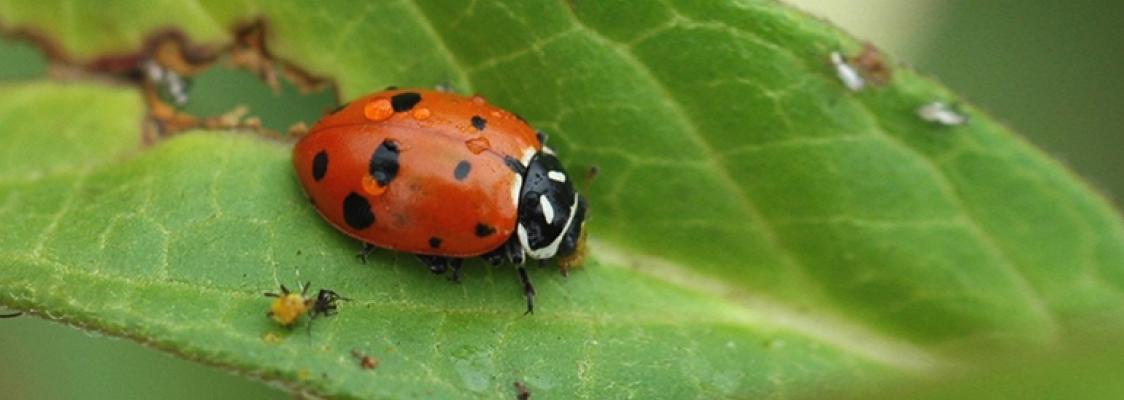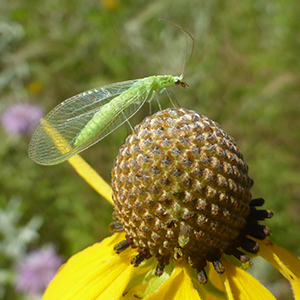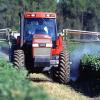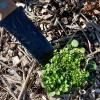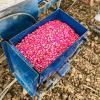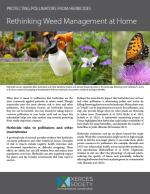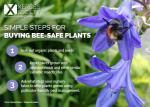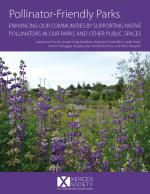The vast majority of invertebrates serve vitally important roles in a healthy environment, including pest control, pollination, and providing food for other wildlife. Only a very small number of invertebrates are pests. Yet, pesticides rarely distinguish between beneficial invertebrates and those which cause harm, and their use can have a variety of unintended negative consequences.
Ecological pest management focuses on preventive rather than reactive approaches to pest management. By increasing biodiversity and creating habitat for natural enemies, land managers can boost natural pest control services and reduce reliance on pesticides. The restoration of plant diversity in and around crop fields, combined with a variety of cultural, biological, and mechanical pest management practices, can keep pest populations below damaging thresholds without the use of chemical interventions. Ecological pest management techniques can also be applied to mosquito management to reduce the use of harmful pesticides.
Conservation Biological Control
Conservation biological control (CBC) seeks to integrate beneficial insects back into crop systems for natural pest control. Learn how you can foster populations of beneficial insects to target crop pests.

